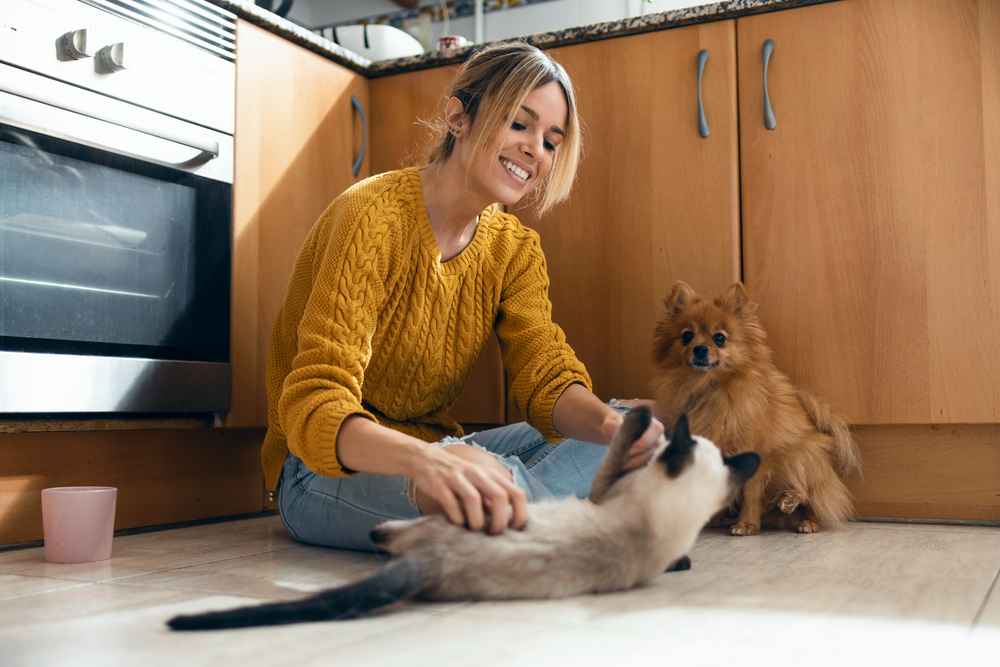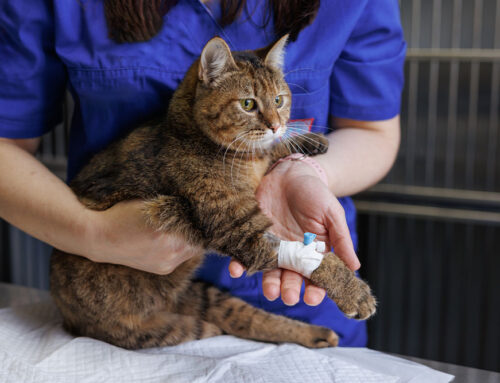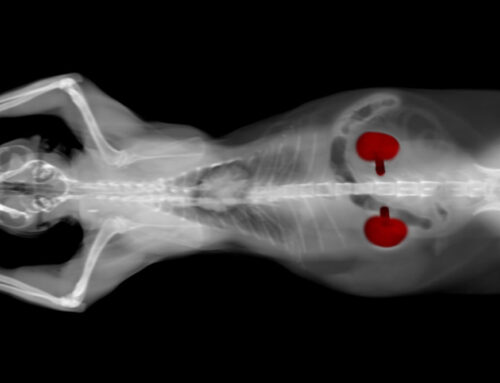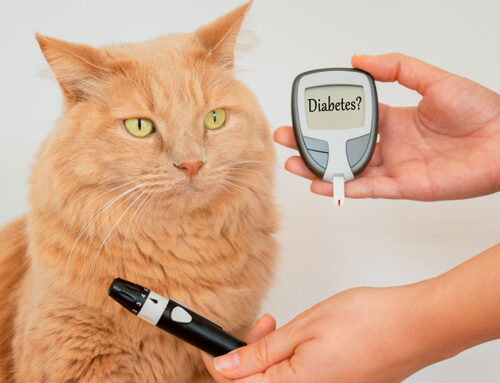Losing a pet is an incredibly painful experience. For many of us, pets are more than just animals—they are cherished family members, our companions, and our confidants. The bond between a pet and their owner is unique and profound, making your pet’s death a deeply emotional and often overwhelming event. Learn how to navigate the difficult journey of coping with the loss of a beloved pet by reading our Greenfield Veterinary Clinic team’s comprehensive guide.
The emotional impact of pet loss
Grief is a natural response to loss, and the emotion manifests in various ways. Understanding grief’s stages can help you recognize and process your pain:
- Denial — Disbelief and shock are common reactions when a pet passes away.
- Anger — You might feel frustrated by the circumstances of your pet’s death or angry at yourself for the decisions you made.
- Bargaining — You may find yourself thinking about what-if scenarios, wishing you had done something differently to prevent the loss.
- Depression — This stage is marked by deep sadness and mourning.
- Acceptance — Acceptance means acknowledging your pet’s passing and finding a way to move forward while cherishing their memory.
Practical steps for coping with pet loss
The grieving process is deeply personal and no wrong way exists to mourn your four-legged companion’s death. When coping with your pet’s loss, the following may help:
- Allow yourself to grieve — Give yourself permission to feel and express your emotions. Cry if you need to, talk about your pet, and allow yourself to mourn.
- Create a memorial — Creating a memorial for your pet, such as a photo album, a piece of jewelry with their name, or a tree planted in their honor, can be a therapeutic way to honor your furry pal’s memory.
- Seek support — Don’t hesitate to reach out to friends and family who understand your loss. Joining a pet loss support group, either in person or online, can also provide comfort.
- Professional help — If your grief feels overwhelming and persistent, consider seeking help from a therapist or counselor who specializes in pet loss.
Ways to remember your pet
Finding ways to remember and celebrate your pet’s life can bring comfort. Consider these ideas:
- Create a memory box — Fill a box with photos of your pet, their favorite toys, and their collar. This can be a special place to revisit cherished memories.
- Write a letter — Expressing your feelings in a letter to your pet can be a healing exercise. Write about your favorite memories, what you loved about them, and how much they meant to you.
- Donate in their name — Consider donating to an animal shelter or rescue organization in your pet’s name. This can be a meaningful way to honor your furry pal’s memory while helping other pets.
- Design artwork and keepsakes — Commissioning a portrait or creating a keepsake, such as a paw print or a custom jewelry piece, can provide a tangible reminder of your pet.
Supporting other household pets after pet loss

If you have other household pets, they might also be affected by the loss. Pets do grieve the loss of their companions and may exhibit changes in behavior, such as appetite loss, anxiety, or increased clinginess. Here’s how you can support grieving pets:
- Maintain routines — Keep feeding and walking schedules consistent to provide the stability on which pets thrive.
- Provide extra attention — Spend additional time with your remaining pets, offering extra affection and playtime.
- Monitor their behavior — Keep an eye on any changes in behavior and consult our veterinarian if your pet exhibits distress for a long time.
Coping with a pet’s death is a deeply personal and challenging journey. Remember that feeling sad is OK because you miss your pet, and you should take time to heal your grief. Your pet brought joy and love into your life, and their memory will always hold a special place in your heart. If your other household pets are also struggling with the grieving process, contact our Greenfield Veterinary Clinic team for support.







Leave A Comment